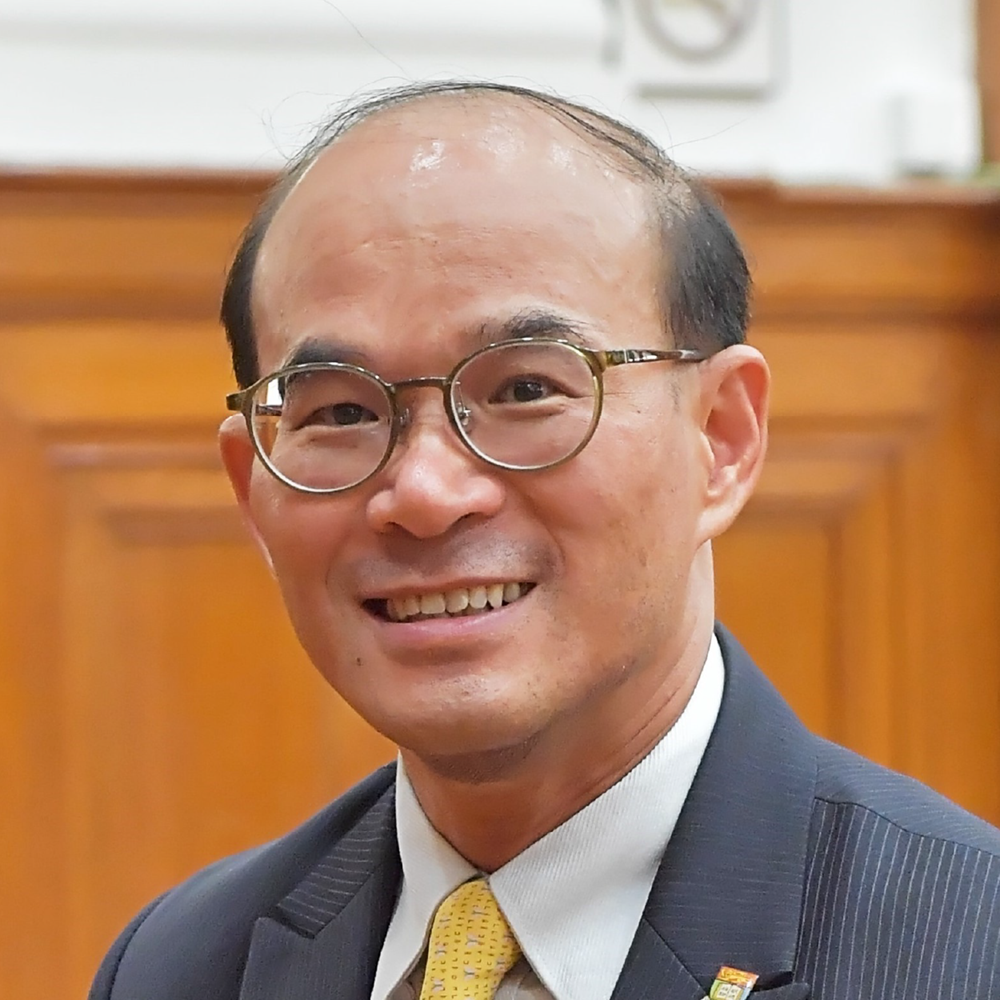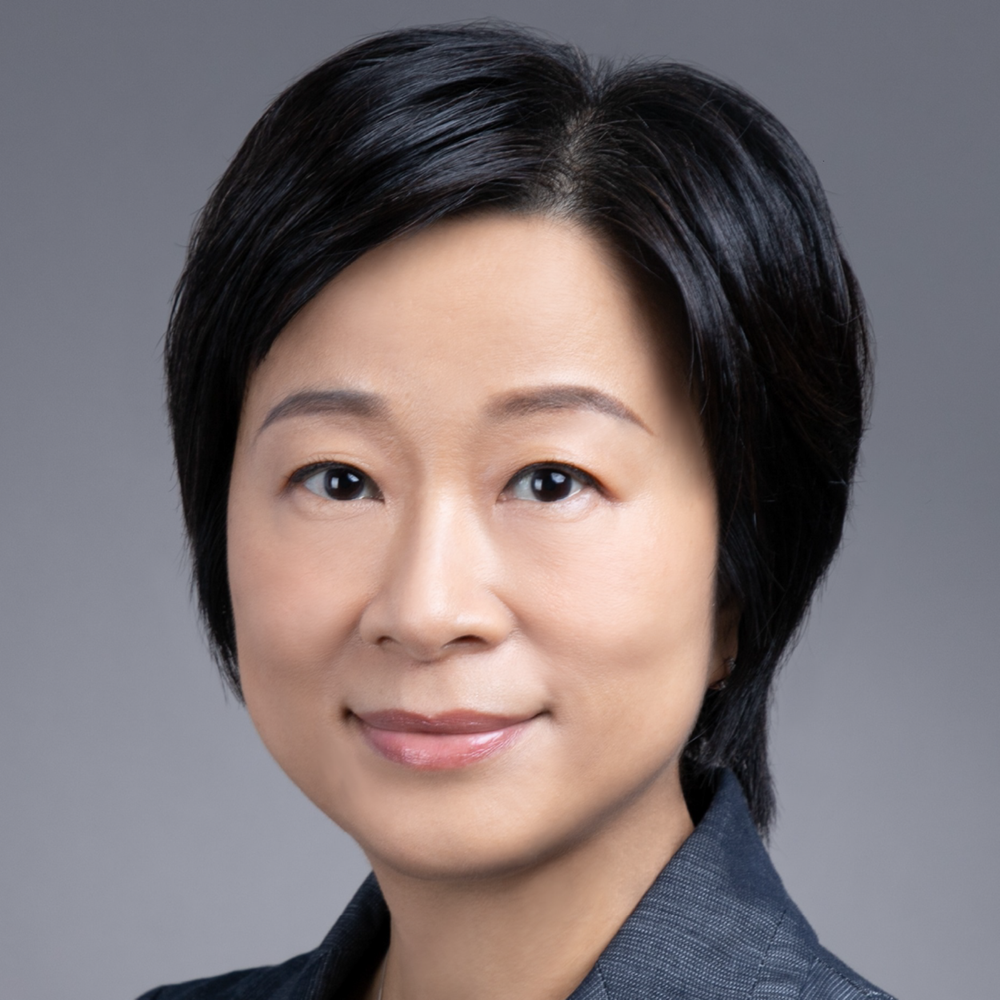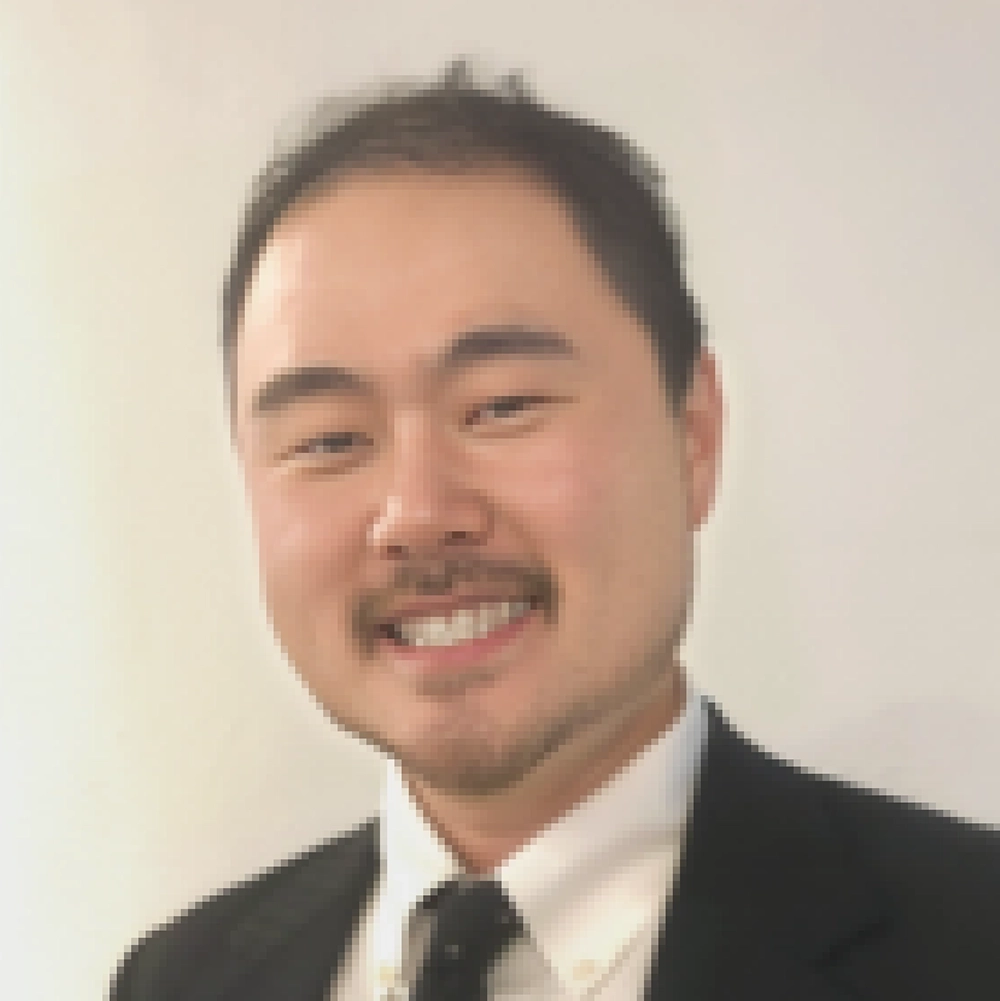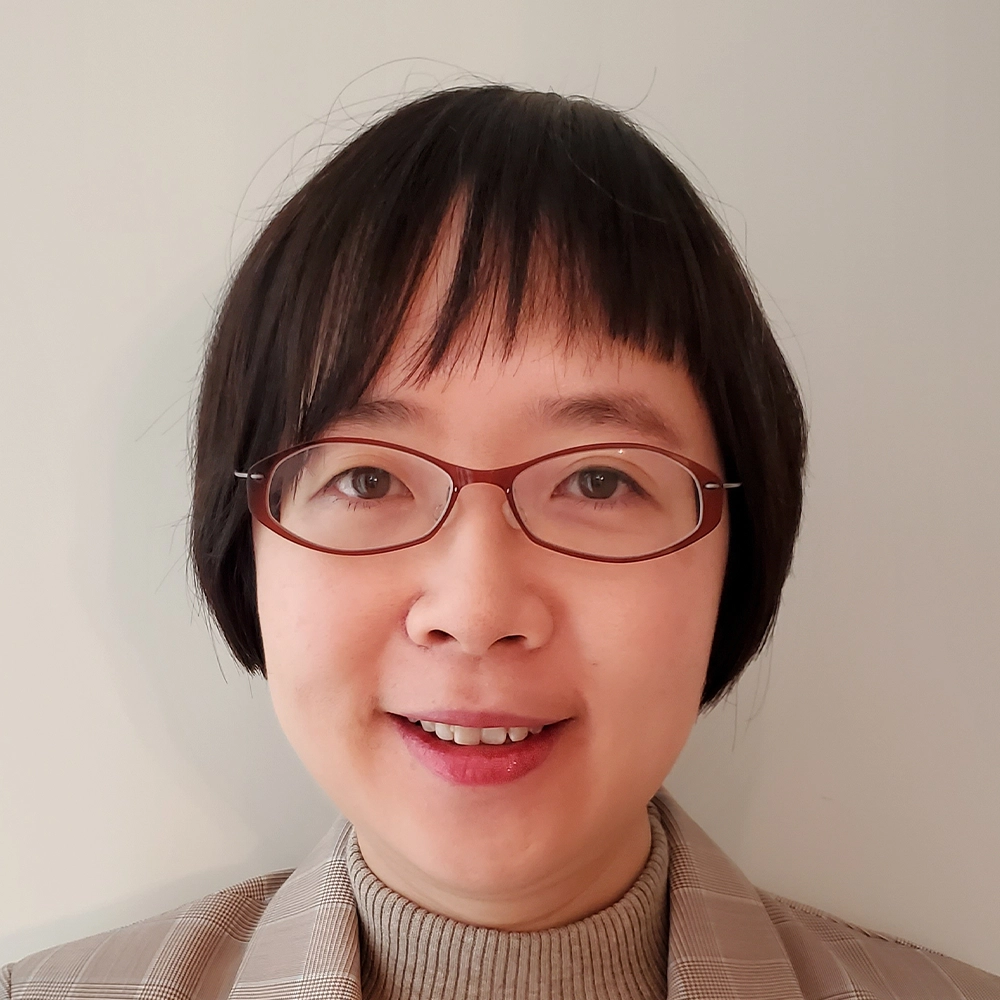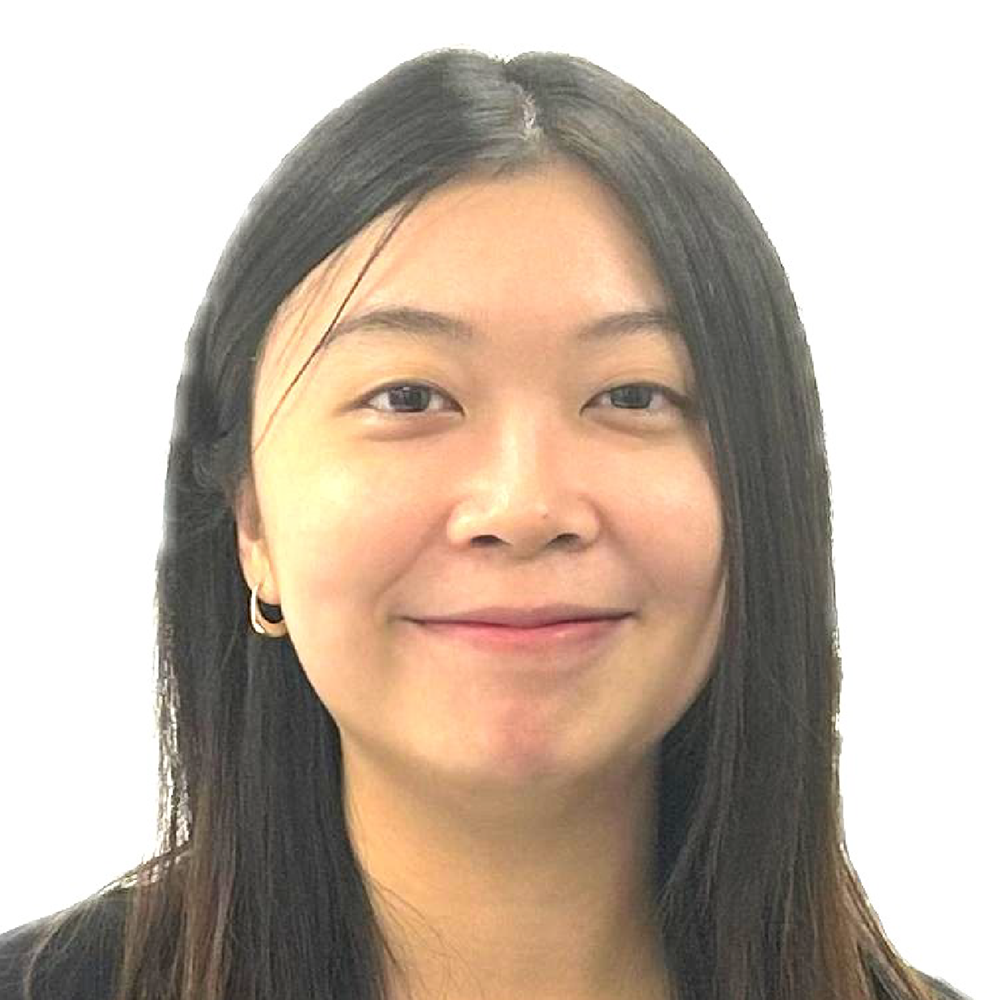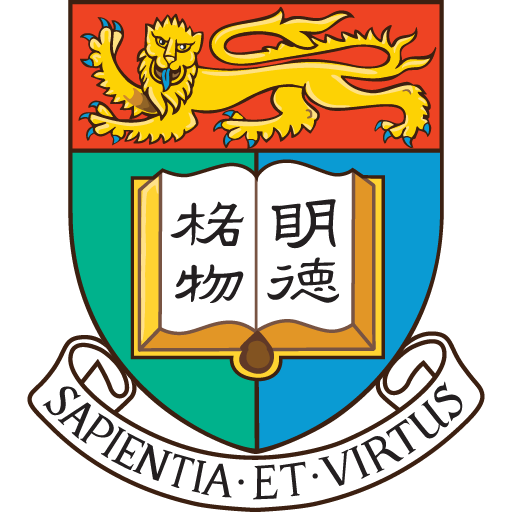
Detail
Abstract
The Co-operative Education Programme (Co-op) at the University of Hong Kong (HKU) is an immersive, experiential learning opportunity through full-time paid placements in professional settings. Launched as a pilot in September 2024, the programme, as a form of work-integrated learning, is delivered via the 18-credit COOP3000 course, as an extended workplace immersion undertaken over at least six months. Unlike conventional internships, the experience integrates academic knowledge in real-world contexts by combining faculty mentorship with employer supervision and progressive work-related tasks and assessments that emphasise critical reflection. By placing students in unpredictable, unscripted environments, Co-op occupies a liminal space that tests students’ adaptability and initiative. While the programme aims to help students explore future career pathways and build networks, the approach can also strategically strengthen connections between academia and industry/ community.
This presentation provides a brief overview of the literature on co-operative education and work-integrated learning, reflects on the initial rollout process, and outlines the programme’s framework. Based on feedback from surveys and focus group interviews with undergraduate students recently returned from the COOP programme—as well as input from their employers and academic supervisors—we will explore key lessons learned and implementation challenges. This includes how to balance academic rigour with the practical demands of the workplace. Particular attention will be given to how experiential learning reshapes academic expectations by reconceptualising pedagogies and assessment to value emergent learning outcomes rather than predetermined competencies, supports holistic development, and prepares students for the supercomplexities (Barnett, 2000) of the contemporary workforce. The study argues that Co-op can cultivate students’ critical thinking, communication, collaboration, and professional identity development. We end by discussing the future directions for scaling and refining the programme across disciplines and the relevance of structured workplace experiences in complementing the traditional curriculum.
References
Barnett, R. (2000). University knowledge in an age of supercomplexity. Higher Education, 40(4), 409–422. https://doi.org/10.1023/A:1004159513741
About the Speaker(s)
